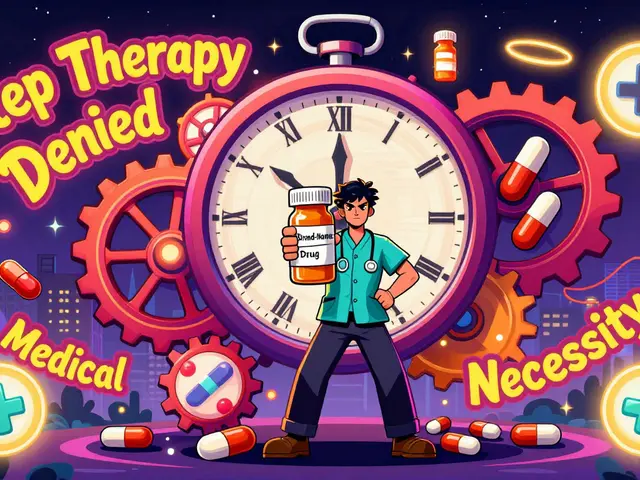Thyroid health: practical tips you can use today
Worried your energy, weight, or mood might be tied to your thyroid? You’re not alone. Thyroid problems show up in lots of ways—fatigue, hair changes, unexplained weight shifts, palpitations, or feeling unusually cold or hot. The good news: simple blood tests and a few routine habits often clarify what’s going on and make treatment straightforward.
Start with the right tests. Ask your clinician for TSH and free T4. If symptoms don’t match those results, free T3 and thyroid antibodies (TPO, TgAb) help explain autoimmune causes like Hashimoto’s. Blood timing matters: take tests before you take thyroid pills so results aren’t skewed.
How treatment usually looks. For underactive thyroid (hypothyroidism) most people take levothyroxine. A big tip: take it on an empty stomach—30–60 minutes before breakfast—or at bedtime at least two hours after food. Don’t mix it with calcium, iron, or certain supplements; separate them by four hours. For overactive thyroid (hyperthyroidism), options include antithyroid drugs, beta-blockers for symptoms, radioiodine, or surgery. Your doctor will pick based on cause, severity, and plans like pregnancy.
Medications and interactions
Medications matter beyond just thyroid pills. Several drugs affect thyroid function or how meds are absorbed. For example, antacids, calcium and iron supplements, and some cholesterol or seizure meds can change levothyroxine levels. If you’re on cholesterol treatment—like gemfibrozil—tell your doctor; thyroid dysfunction can worsen cholesterol, and both conditions sometimes need coordinated care. Whenever a new drug is started or stopped, get your TSH checked after 6–8 weeks so doses stay correct.
Everyday steps that help
Small daily habits make a difference. Keep iodine intake steady: too little or too much can cause trouble. Don’t self-prescribe high-dose iodine. Selenium supplements may help some people with autoimmune thyroid issues, but ask before starting. Be careful with soy and high-fiber meals near the time you take thyroid medicine because they can reduce absorption. Regular exercise, sleep, and managing stress help symptoms like fatigue and weight changes.
When to get urgent help: if you have rapid heartbeat, chest pain, sudden severe weakness, confusion, or a very high fever with agitation, seek emergency care. Also see your doctor quickly if you’re pregnant or planning pregnancy—thyroid function affects both mother and baby and often needs closer monitoring.
Want more on specific meds or how thyroid links to other conditions? Browse our site’s articles—like the piece on gemfibrozil and cholesterol in thyroid disorders—and guides on common drugs. Bookmark this page for updates and use it as a starting point for smart questions to bring to your clinician.
Best Diet and Supplement Tips for Thyroid Medication: Nutrients That Really Work
Discover which nutrients can actually help your thyroid function better if you’re on thyroid medication. This deep-dive breaks down how diet tweaks and targeted supplements line up with the latest research, so you can get the facts that matter. We’ll clear up myths, talk about potential interactions, and even cover alternative options to mainstream medications. Expect actionable tips and real science, not just generic advice.





